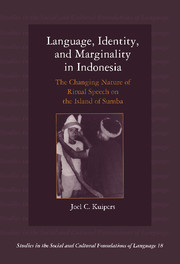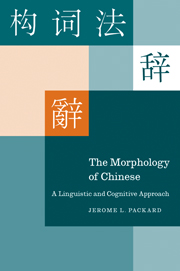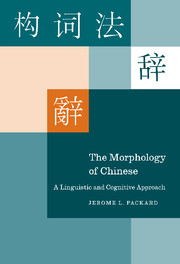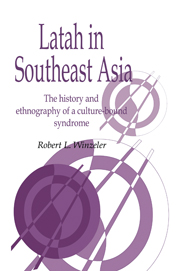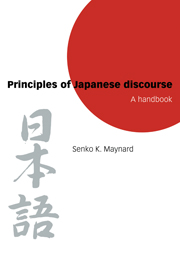Language, Identity, and Marginality in Indonesia
The rapid spread of Indonesian as the national language of Indonesia has diminished the significance of local languages. On the island of Sumba, this shift has displaced a once vibrant tradition of ritual poetic speech, but has also given rise to new and hybrid forms of poetic expression. This book analyzes language change in relation to political marginality, revealing that political coercion or cognitive process of "style reduction" may offer a partial explanation, but equally important is the role of linguistic ideologies.
- Language ideology is a hot topic in linguistic anthropology, and this is the first book-length ethnographic study specifically on it
- One of the only books to examine the role of language on development, identity politics, nationalism, and marginalization
- Reveals the crucial role of language in the socioeconomic marginalization of people in developing nations of Southeast Asia
Reviews & endorsements
"In a volume that brings together years of fieldwork and archival research, Kuipers looks at culture and politics in Weyewa society on the island of Sumba in eastern Indonesia." Choice
"This important book deserves attention from linguists and anthropologists alike, and the author is to be congratulated upon having made an original contribution to the ethnography of speaking and a noteworthy addition to our ethnography of Sumbanese populations." Asian Thought and Society
"...welcome contribution to Indonesian political studies, far beyond its valuable sociolinguistic insights." Susan Rodgers, The Journal of Asian Studies
"Joel Kuipers has given us an extremely study of the important Southest Asian connections between spatial concepts, the organization power and polity, and ritual speech under changing conditions." Canadian Review of Sociology and Anthropology
"Joel Kuipers has given us an extremely study of the important Southest Asian connections between spatial concepts, the organization power and polity, and ritual speech under changing conditions." Canadian Review of Sociology and Anthropology
Product details
September 1998Hardback
9780521624084
204 pages
229 × 152 × 16 mm
0.47kg
19 b/w illus. 3 maps
Available
Table of Contents
- Introduction
- 1. Place, identity, and the shifting forms of cultivated speech: a geography of marginality
- 2. Towering in rage and cowering in fear: emotion, self, and verbal expression in Sumba
- 3. Changing forms of political expression: the role of ideologies of audience completeness
- 4. Ideologies of personal naming and language shift
- 5. From miracles to classrooms: changing forms of erasure in the learning of ritual speech
- 6. Conclusions.

